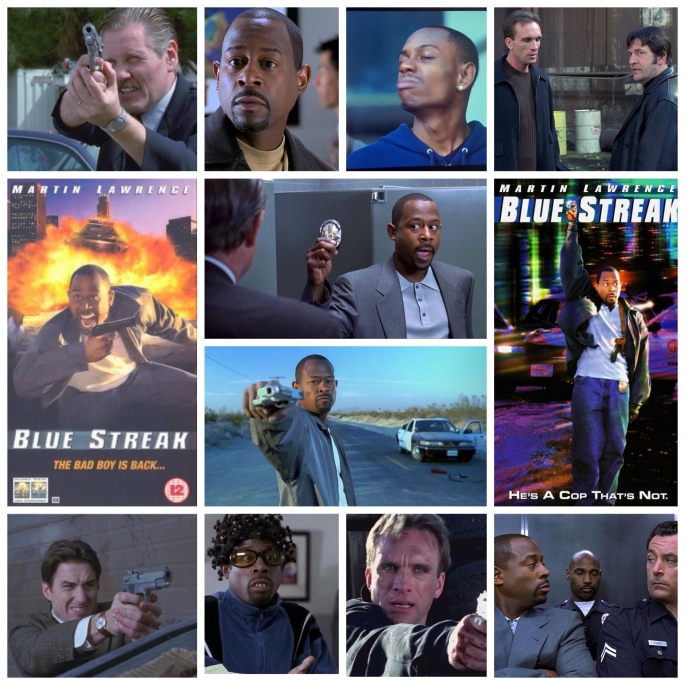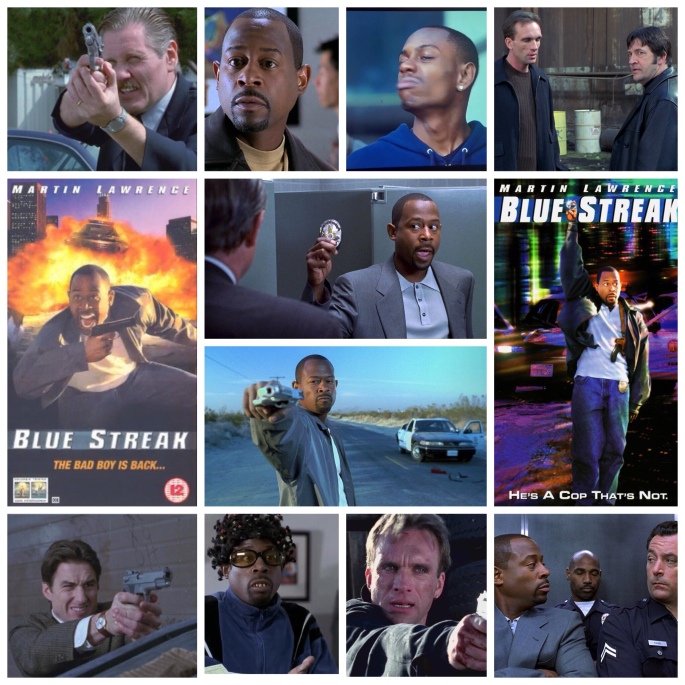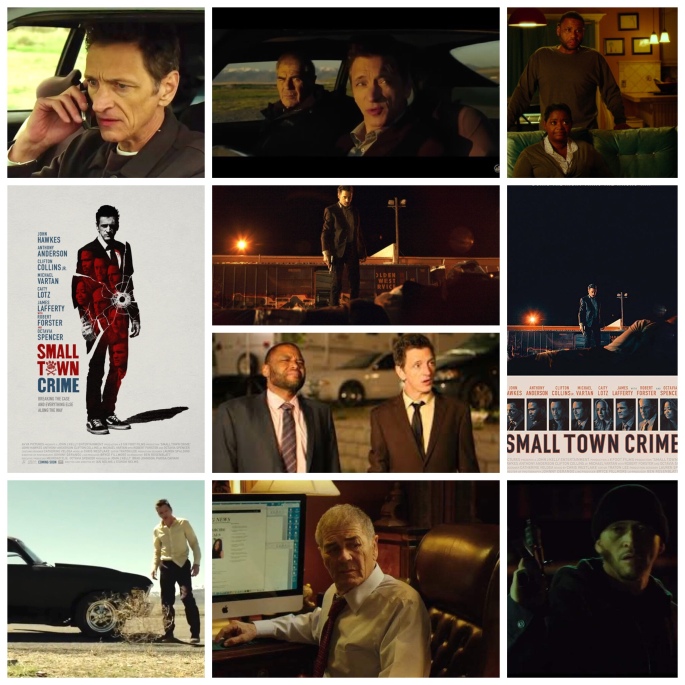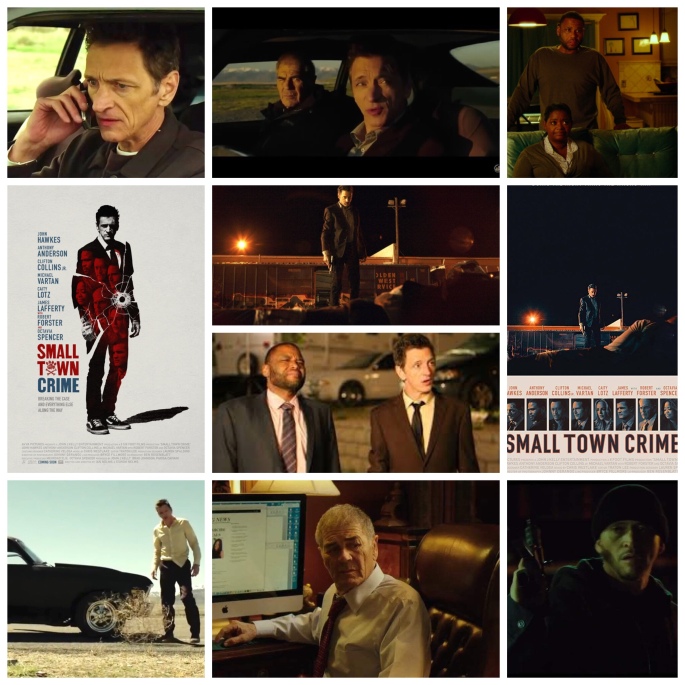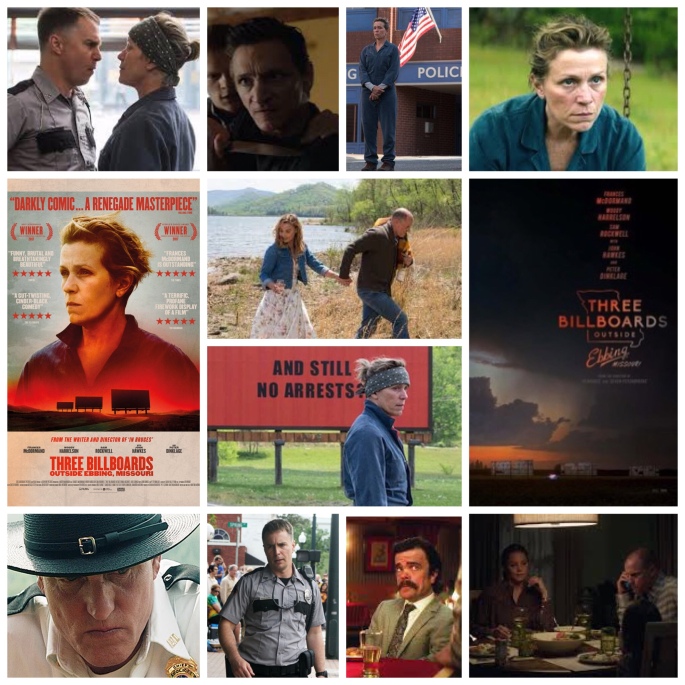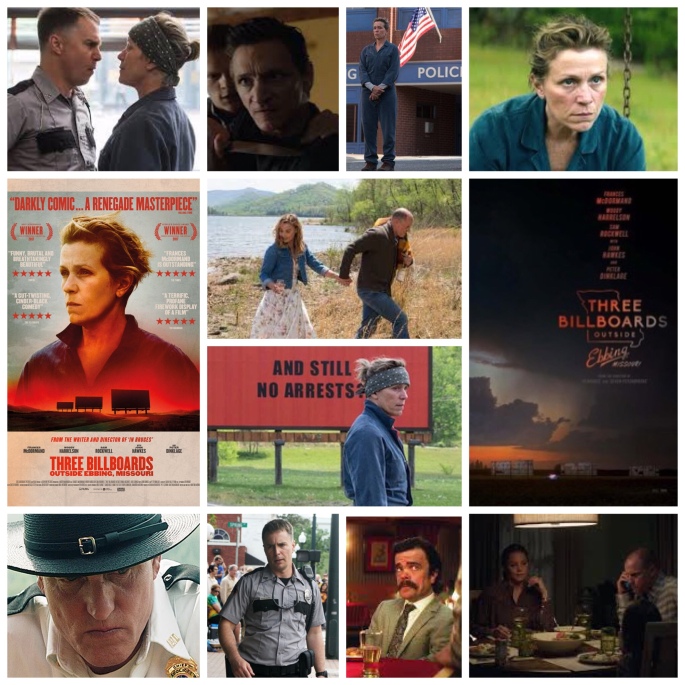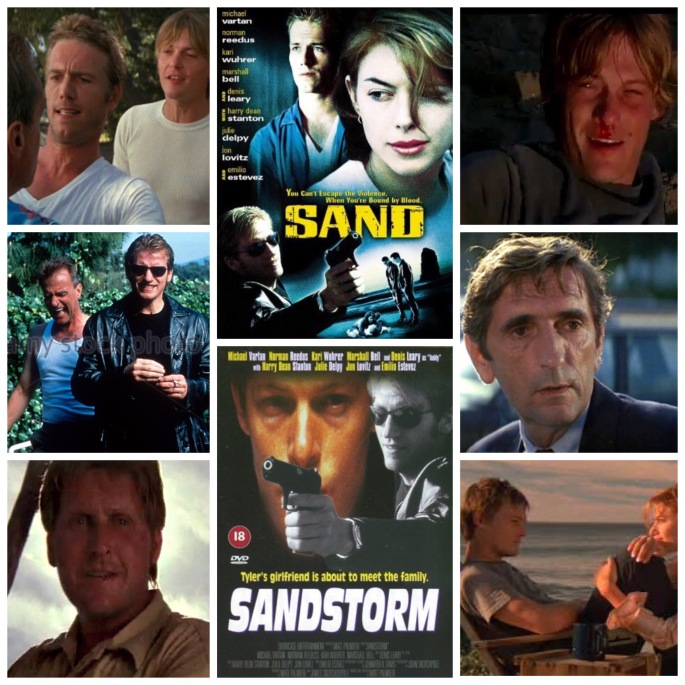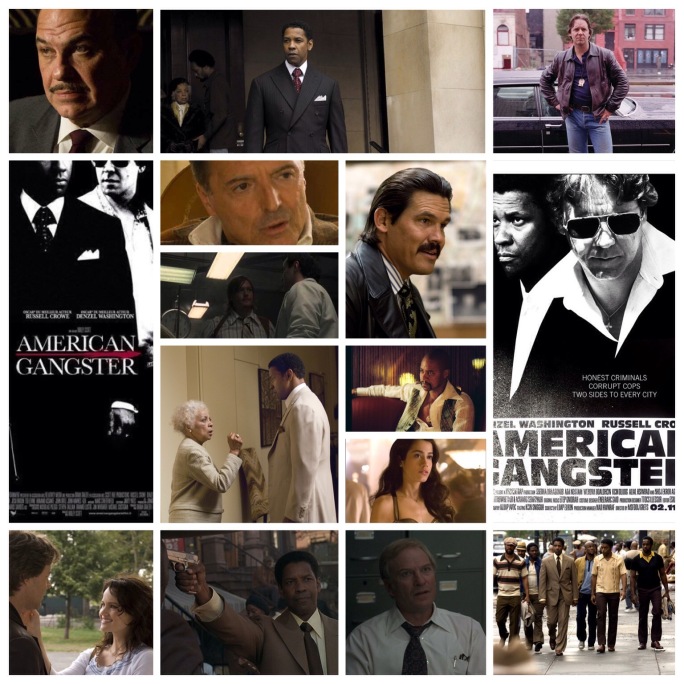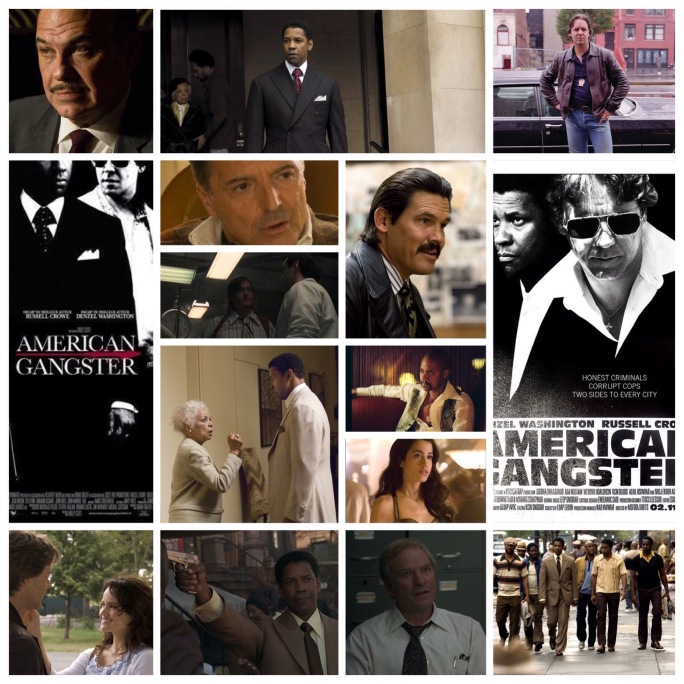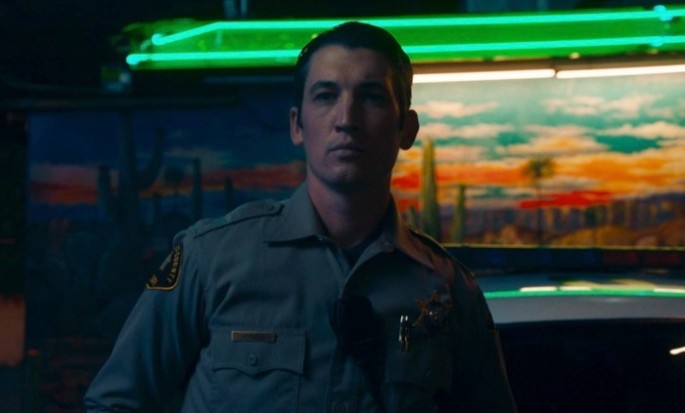
Amazon Studios has just unleashed a juggernaut, Nicolas Winding Refn’s TOO OLD TO DIE YOUNG as a new exclusive to their streaming platform. The series, which runs ten episodes wherein more than not have a feature-length runtime, is moody and stylized, and quite frankly might be the first series that one cannot simply binge. It is not that it is bad; on the contrary. Refn has developed a show that is so dense and exhilarating that some viewers might need to take a break between episodes and get back into the routine of the normalcy of their respective lives because TOO OLD TO DIE YOUNG is not just dark, it is pitch black.
Much like his previous two pictures, ONLY GOD FORGIVES and THE NEON DEMON, Refn has become a fierce auteur, channeling other filmmakers like David Lynch and Michael Mann, but mostly carving out his own niche within arthouse filmmaking.
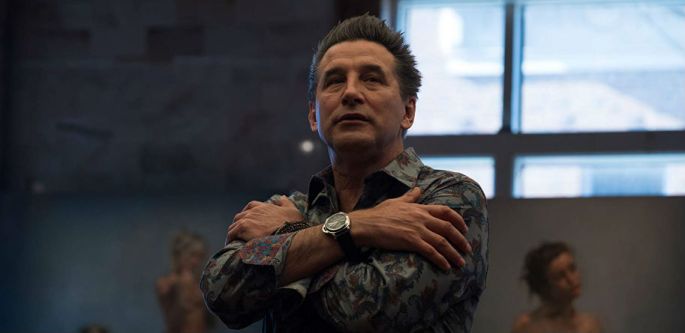
The first five episodes of the series build a world of degradation and debauchery. There are few likable characters, and the ones that are likable are fundamentally likable for the wrong reasons. The plot is loosely strung together by central events that the characters weave in and out of. Much like TWIN PEAKS: THE RETURN, the viewer just has to put their trust in Reft and co-creature Ed Brubaker and enjoy the ride that is wonderfully accompanied by Cliff Martinez’s hypnotic score.
The series is anything but formulaic, including its center characters. Miles Teller is Martin Jones, a police officer whose partner is killed in the opening scene of the pilot. He’s also a hitman for a gang, as well as dating a seventeen-year-old high school senior whose father is a beautifully coked out and wealthy investor, William Baldwin.
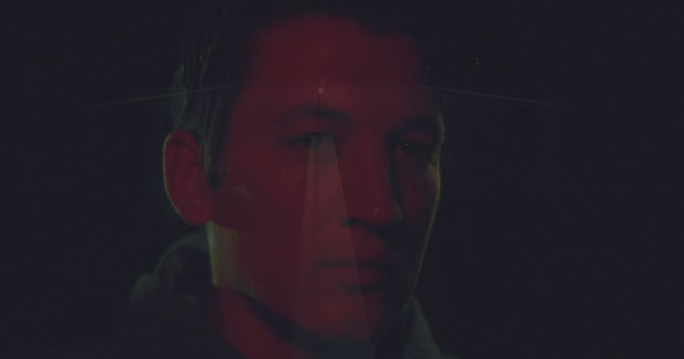
It absolutely, positively cannot be understated; William Baldwin gives the finest performance of his career. His introduction scene is one where he’s sitting across from Teller. Not really interrogating him, or yelling at him for being a thirty-year-old policeman who is illegally dating his daughter; he is establishing his dominance over his daughter’s older suiter through intense stares and clearing his sinuses that have surely are from an obscene amount of cocaine he did.
The four episodes that follow introduce us to new characters. The second episode is solely focused on the killer of Teller’s partner from the pilot. He’s in Mexico with his Uncle, a Cartel head. The third episode introduces us to Jena Malone who is a caseworker by day and an energy healer who connects with the parents of victims of sex abuse. She sends out a one-eyed John Hawkes who is an off the radar former g-man who is dying. They are lovers, pretty sure.
The worldbuilding is mesmerizingly intense. Themes of murder, deviant sex, self-discovery, and vengeance are all prominent parts of each episode, creating an environment that is apathetic on itself, where our “heroes” of Teller, Malone, and Hawkes are trying to restore the balance in a world that has become total darkness. Halfway through the series, the pendulum swings to and fro the motivations of the characters, leaving so much to be discovered and desired. Amazon Studios deserves all the credit in the world for having the balls to back a project such as this. Regardless of the ambiguity and self-indulgence of Refn, one thing is for certain; TOO OLD TO DIE YOUNG is a work of beauty and everlasting art.



